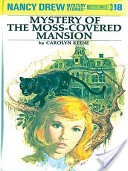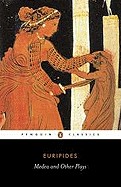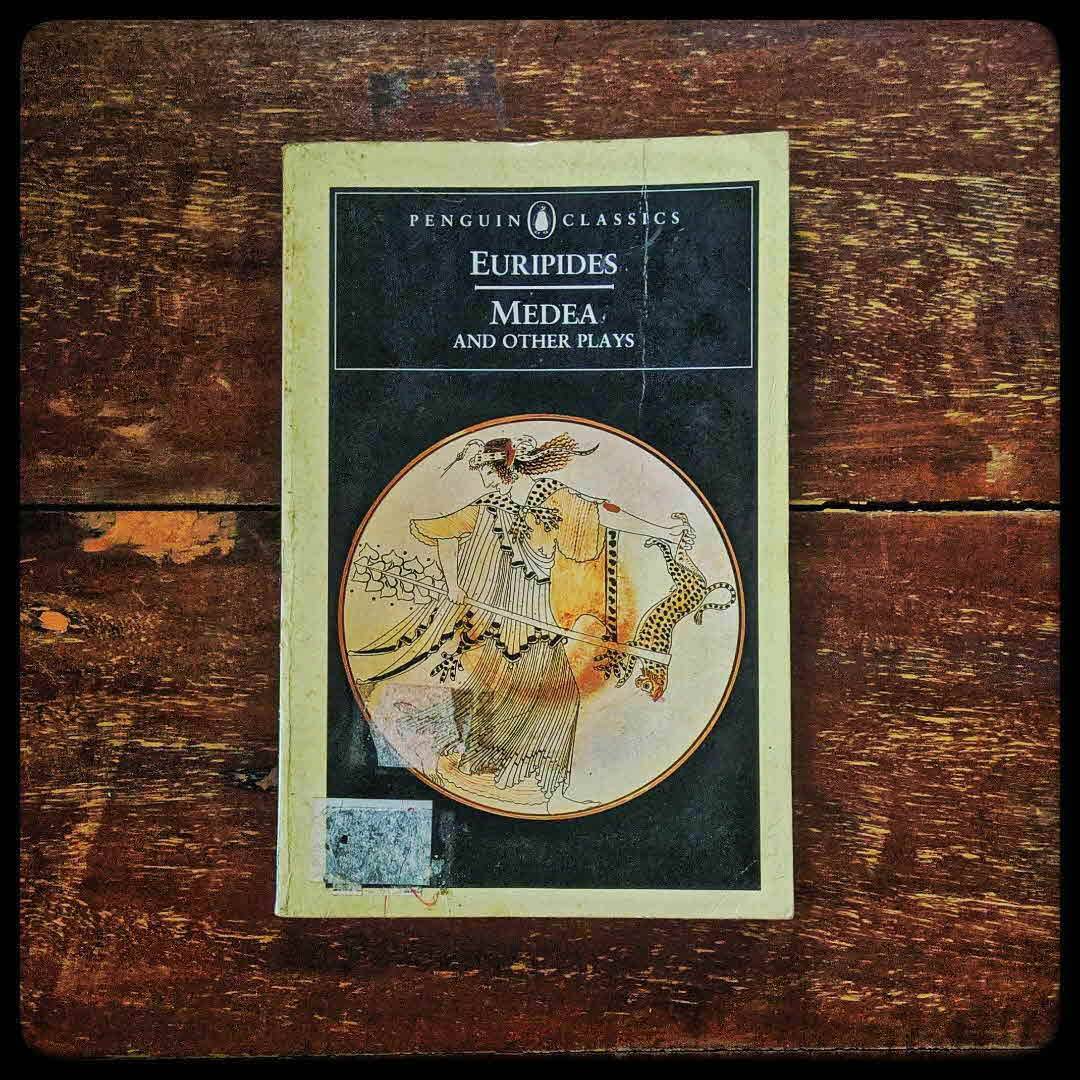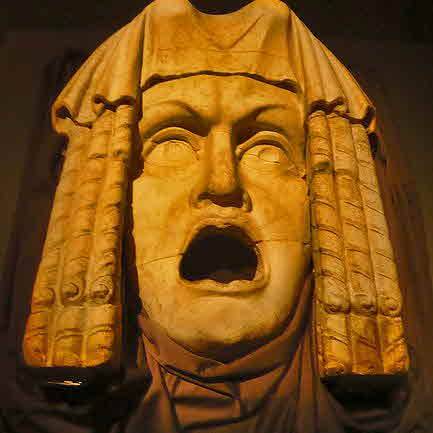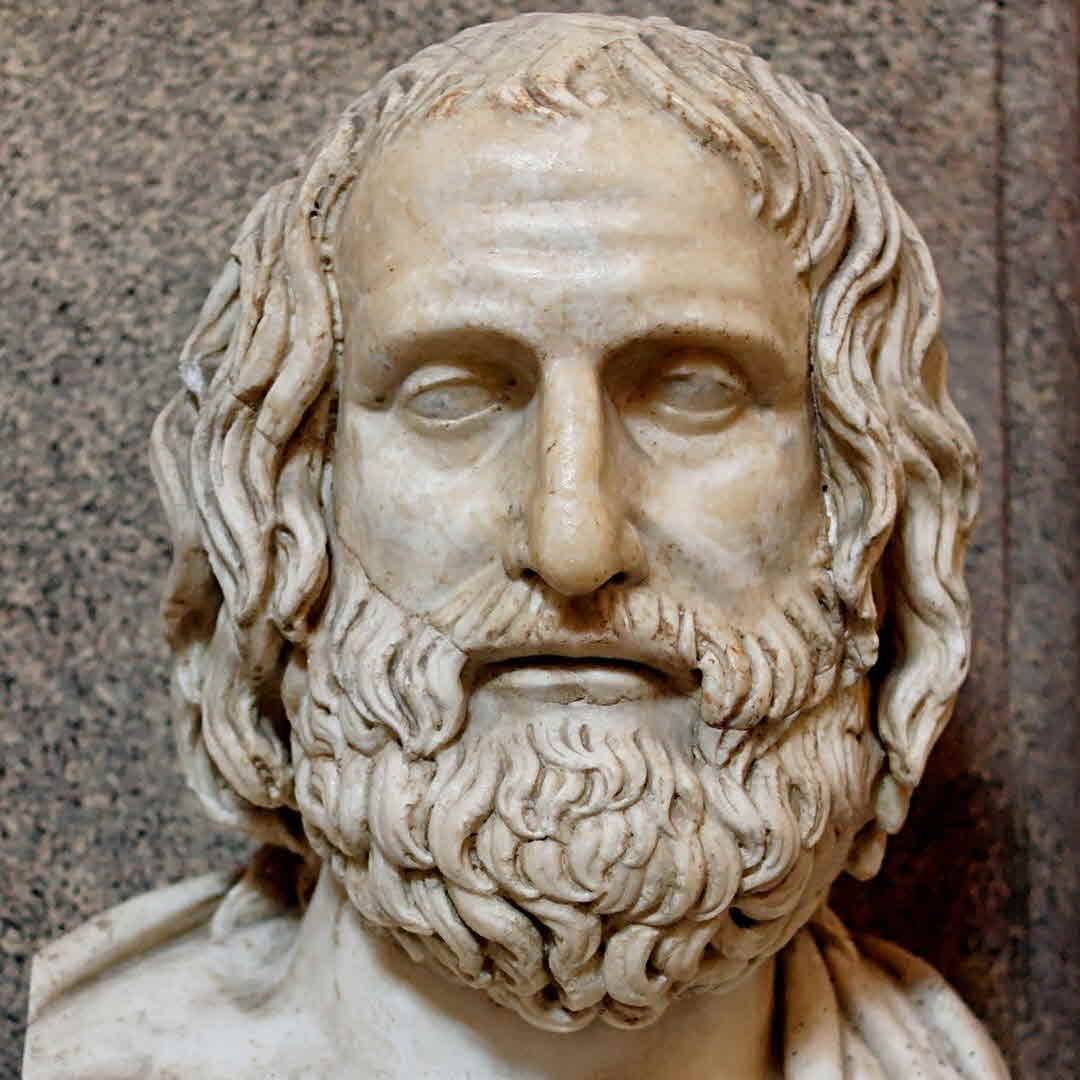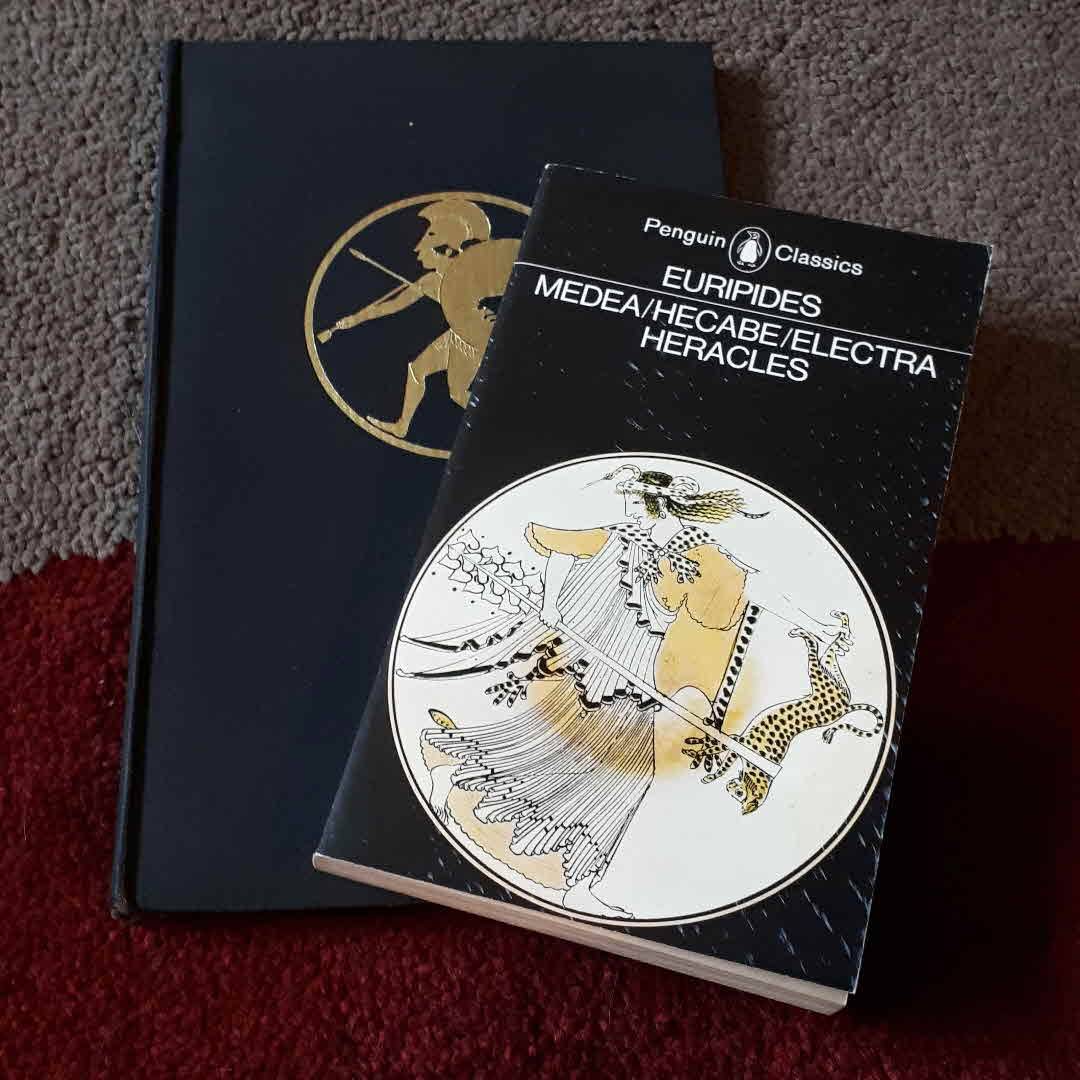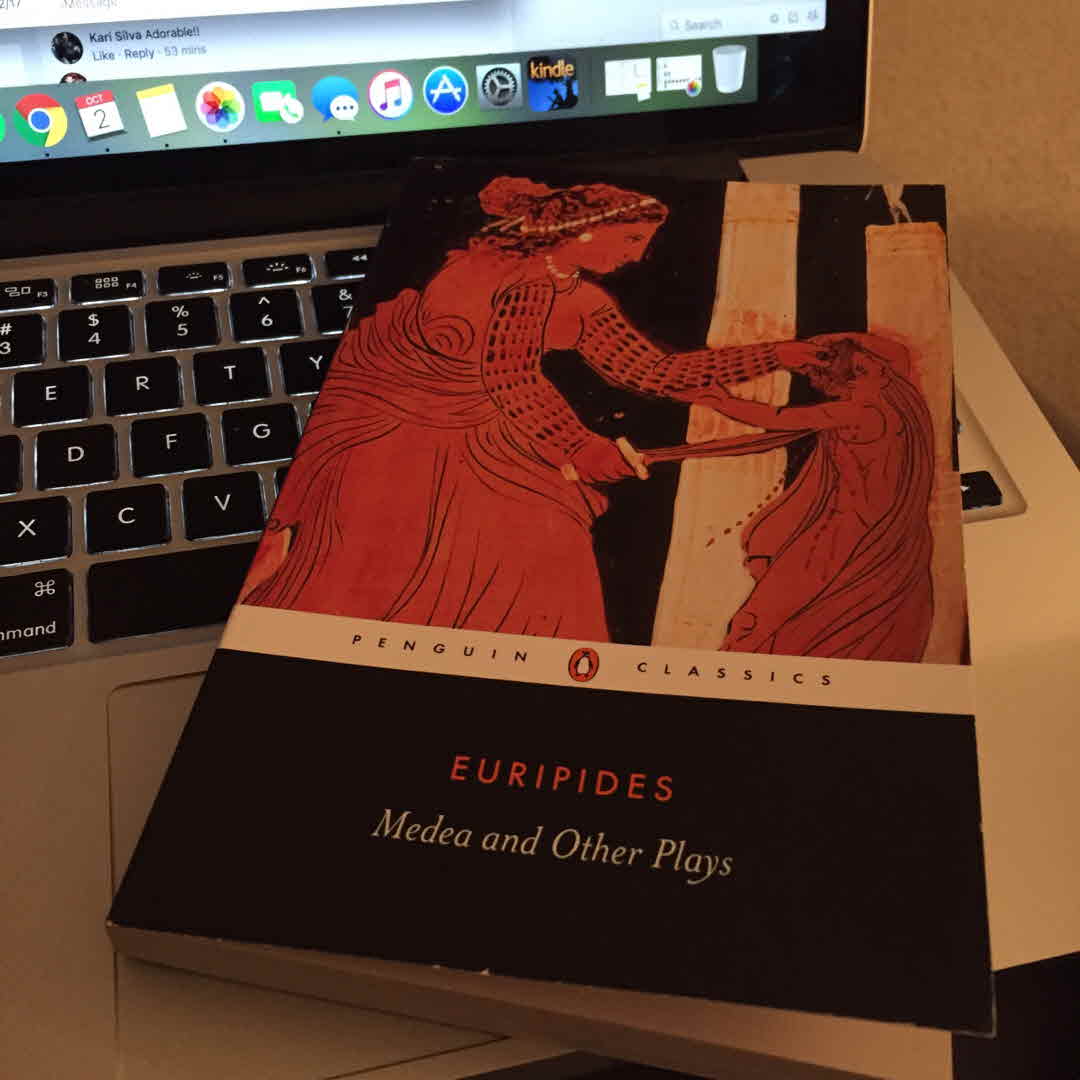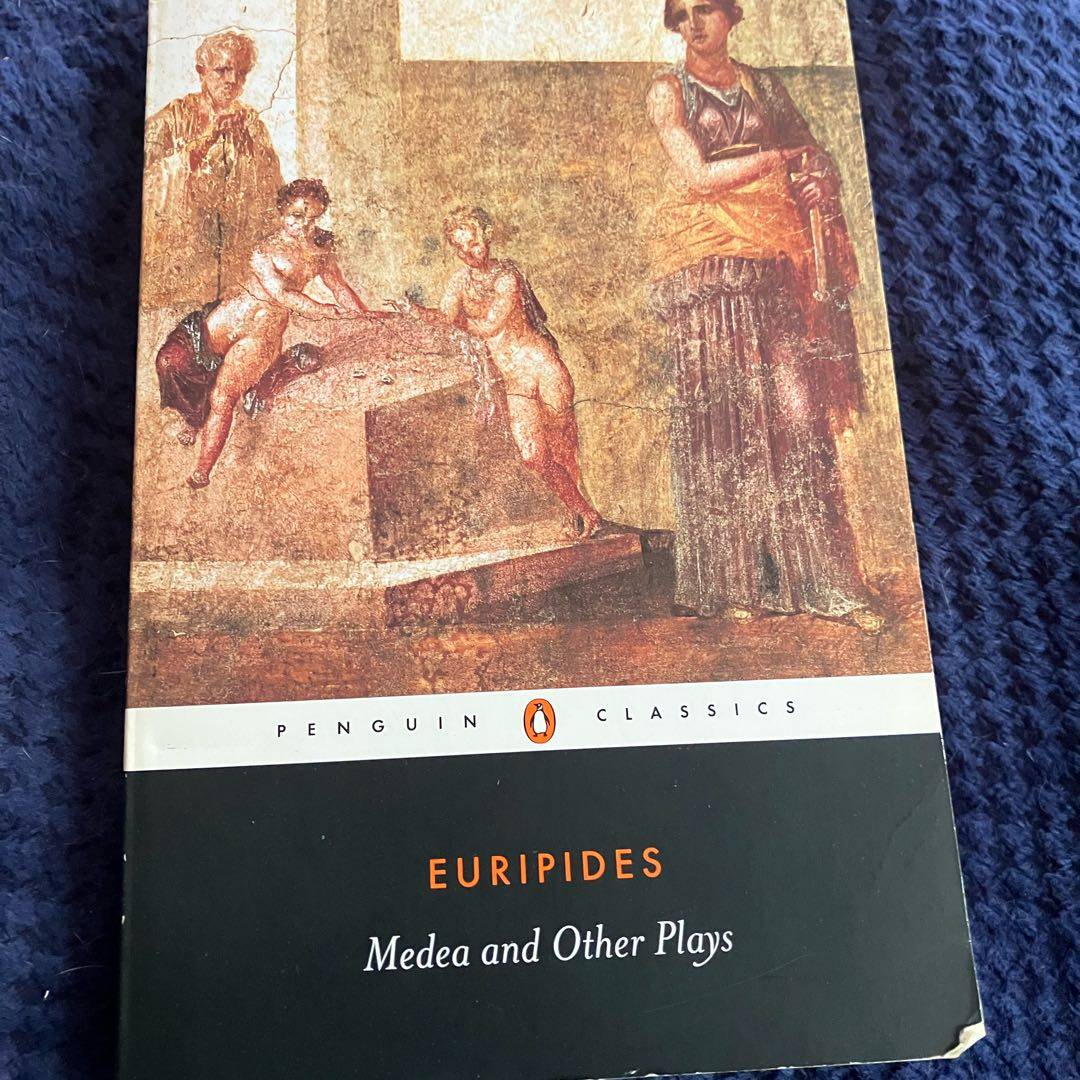
Collected here are Alcestis, Medea, Children of Heracles, and Hippolytus. I thoroughly enjoyed reading all of them. Euripides has a style that is very accessible and his skill at exploring the motives of actions shines, particularly in Medea. Even if you don‘t agree with the final actions of characters, it is easy to see how they feel forced to act the way they do. The plots were a bit too convenient at times, but that is true to the genre.







